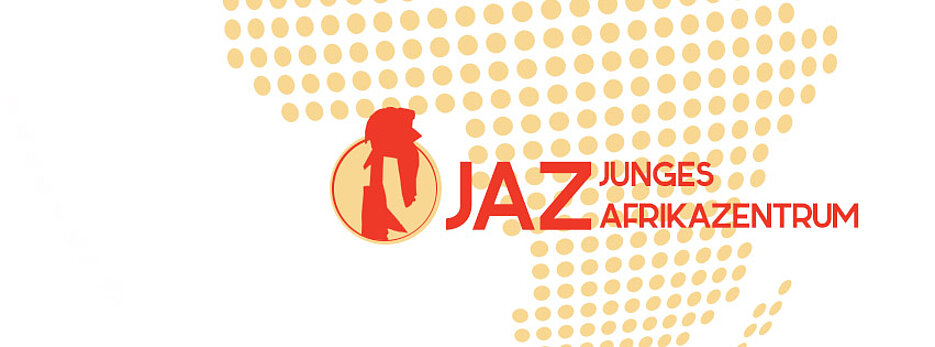Felix Lauton presents work on global-health supply chains in recently established JAZ-seminar at University of Würzburg
27.07.2017A collaboration between University of Michigan and the Chair of Logistics provides new insights into optimal procurement strategies for essential medicines.
Felix Lauton presented his joint research with Richard Pibernik and Alexander Rothkopf of the Chair of Logistics and Quantitative Methods. The paper is based on a research project (more) the researchers carried out with colleagues from the University of Michigan.
Supplier competition and potential supply risks determine access to essential medicines
The researchers investigate a challenging problem: On the one hand, large global-health buyers (for example USAID or UNFPA) expect that new generics suppliers who enter the market can produce essential medicines at lower cost and therefore introduce competition such that the established branded manufacturers also need to reduce their prices. Lower prices are important because they directly result in more people in African countries supplied with life-saving medicines. On the other hand, decision makers are concerned with potential supply risks. Generics manufacturers may have longer and stronger fluctuating lead times, may be more prone to longer-term production outages, and typically install a smaller production capacity.
Quantitative models provide guidance for practitioners to identify optimal volume allocations
In their research entitled “The Value of Entrant Manufacturers: A Study of Competition and Risk for Donor-funded Procurement of Essential Medicines” the researchers investigate how a buyer should split the procurement volume between the established branded manufacturer and a new generics entrant. Intuitively, allocating more volume to the entrant lets the buyer benefit more from the lower cost of the generics supplier but also exposes the buyer to higher risk. Whereas allocating high volumes to the branded manufacturer maintains the status-quo. This reasoning, however, falls short of different effects the researchers identified and quantified in their study. For example, a buyer may benefit from allocating some volume to a more risky supplier to partake in a risk diversification effect. The model allows decision-makers to identify the volume allocation that maximizes access of essential medicines. The results also explain how different important parameters (for example, cost, lead times, or in-country registration) impact the optimal volume allocation and when a new generics manufacturers is valuable to a global-health buyer.
Other research projects provide decision-making support for global-health supply chains
The “Global-Health Supply Chains” research group at the Chair of Logistics and Quantitative Methods specializes in procurement and supply chain management problems in global-health settings. Their work focusses on increasing access to essential medicines in low-income and low-middle-income countries by developing models to help decision-makers reach well-founded strategies.
JAZ brings together the University’s research activities with Africa-related topics
JAZ (dt. Junges Afrika Zentrum) is a group of junior faculty members at University of Wuerzburg. The JAZ-seminar was established to foster exchange among researchers at the University and spark interdisciplinary collaboration across different departments on all Africa-related research topics.
Zurück



